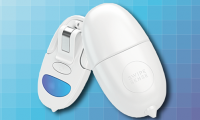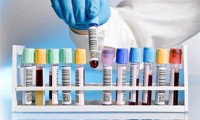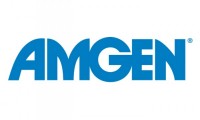-
Blockchain Health Tech Company Launches with $3.5 Million Seed
- Source: hcanews
- 940
- December 19, 2017
-
Novartis-backed resTORbio raises $40M for aging disease trials
- Source: Fiercebiotech
- 925
- December 19, 2017
-
Atlas and OrbiMed back Boston’s Kyn in $49M round to pursue immunometabolism therapies
- Source: Endpts
- 756
- December 18, 2017
-
Here’s where ‘Smart Hospitals’ will make big tech investments in the near future
- Source: healthcareitnews
- 811
- December 15, 2017
-
SwipeSense Lands $10.6M to Expand Location-Aware Hospital Apps
- Source: hitconsultant
- 597
- December 14, 2017
-
In vitro diagnostics market value to reach $ 69 billion in 2024, says Global Data
- Source: news.mit
- 689
- December 12, 2017
-
Medical sensors market worth $15.01 billion by 2022
- Source: todaysmedicaldevelopments
- 630
- December 12, 2017
-
Alexion and Halozyme Enter License Agreement for ENHANZE Technology
- Source: news.alexionpharma
- 721
- December 12, 2017
-
Stratasys Releases Line of Custom Built 3D Printed Anatomy Models
- Source: medgadget
- 715
- December 11, 2017
-
Carmot Enters a Multi-Year Drug Discovery Collaboration With Amgen
- Source: Bestsellermagazine
- 848
- December 11, 2017
your submission has already been received.
OK
Subscribe
Please enter a valid Email address!
Submit
The most relevant industry news & insight will be sent to you every two weeks.













